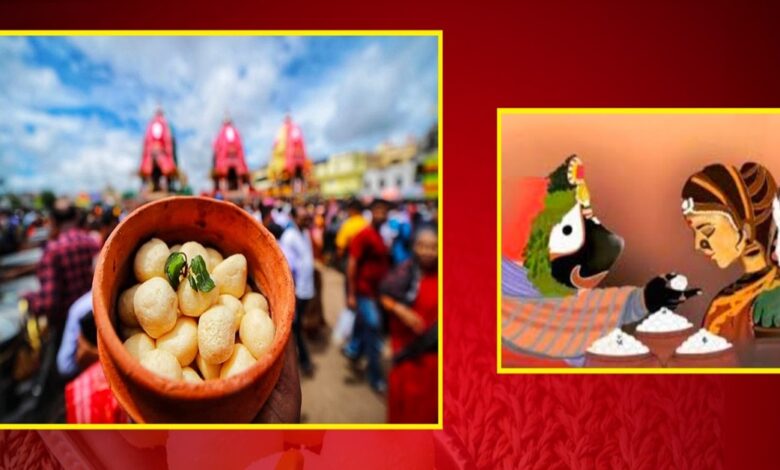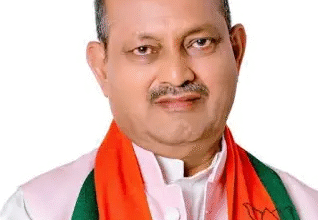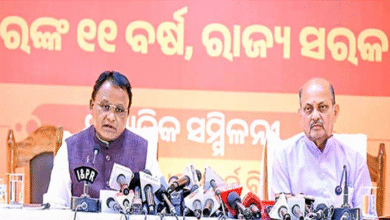Bhubaneswar: The twin cities of Bhubaneswar and Cuttack came alive as thousands celebrated Rasagolla Diwas, honoring Odisha’s claim to the beloved spongy sweet that has become synonymous with the state’s cultural identity.
“Every year, this day reminds us that rasagolla is not just a sweet but our heritage,” said Prakash Mohanty, a 45-year-old government employee from Bhubaneswar, while purchasing a box of fresh rasagollas from the famous Pahala sweet shop on Station Square. “My children may live in different cities, but they know their roots through these traditions.”
The celebration, which began in 2015 following the hashtag #RasagolaDibasa social media campaign, has evolved into a cultural phenomenon across the twin cities. Sweet shops experienced unprecedented rush as families queued up to buy the signature white spheres soaked in sugar syrup.
“We’ve prepared over 5,000 pieces today alone,” shared Bijay Kumar Sahoo, owner of a traditional sweet shop in Cuttack’s Buxi Bazaar. “The demand has tripled since morning. People are buying not just for themselves but sending boxes to relatives across the country.”
The celebration holds special significance as it coincides with Niladri Bije, the final day of Jagannath Rath Yatra, when Lord Jagannath traditionally offers rasagolla to Goddess Lakshmi. This divine connection has made the sweet an integral part of Odia religious and cultural identity.
Modern confectioneries in Bhubaneswar’s Sahid Nagar and Patia areas reported similar enthusiasm. “Young professionals are ordering rasagollas online to send to their families in villages,” noted Sunita Pradhan, manager of a popular bakery chain. “It’s beautiful to see how a simple sweet connects generations.”
Social media platforms buzzed with photographs of families enjoying rasagollas, with hashtags #RasagollaDiwas and #OdishaRasagolla trending throughout the day. Food bloggers and cultural enthusiasts shared stories about the sweet’s journey from temple prasad to global recognition.
The twin cities’ celebration extended beyond mere consumption. Cultural organizations organized competitions for making the best rasagolla, while schools conducted awareness programs about Odisha’s culinary heritage. Street vendors selling rasagollas in small pushcarts witnessed brisk business as office-goers treated colleagues to the traditional sweet.
“This is more than celebrating a sweet,” explained Dr. Anita Nayak, a cultural researcher from Utkal University. “It’s about asserting our identity and ensuring our traditions reach the next generation. When children in Bhubaneswar or Cuttack celebrate Rasagolla Diwas, they’re connecting with centuries of cultural legacy.”
As evening approached, families gathered around dinner tables with boxes of rasagollas, sharing stories and strengthening bonds – proving that some traditions are indeed worth preserving, one sweet bite at a time.







